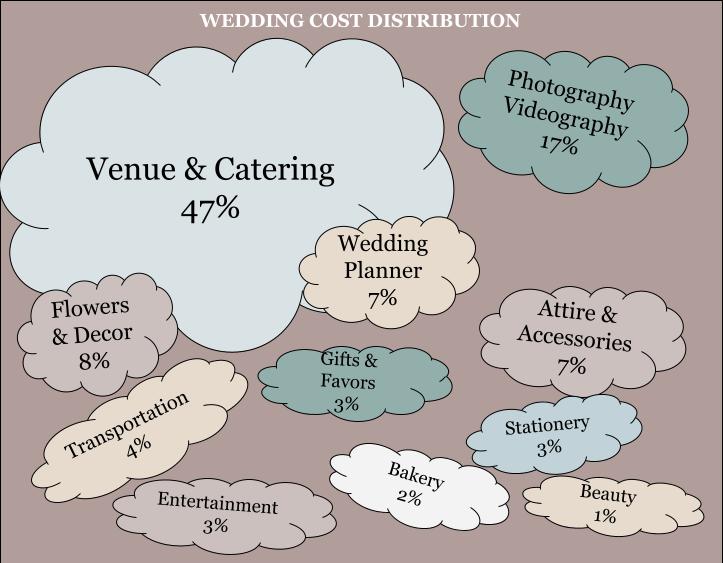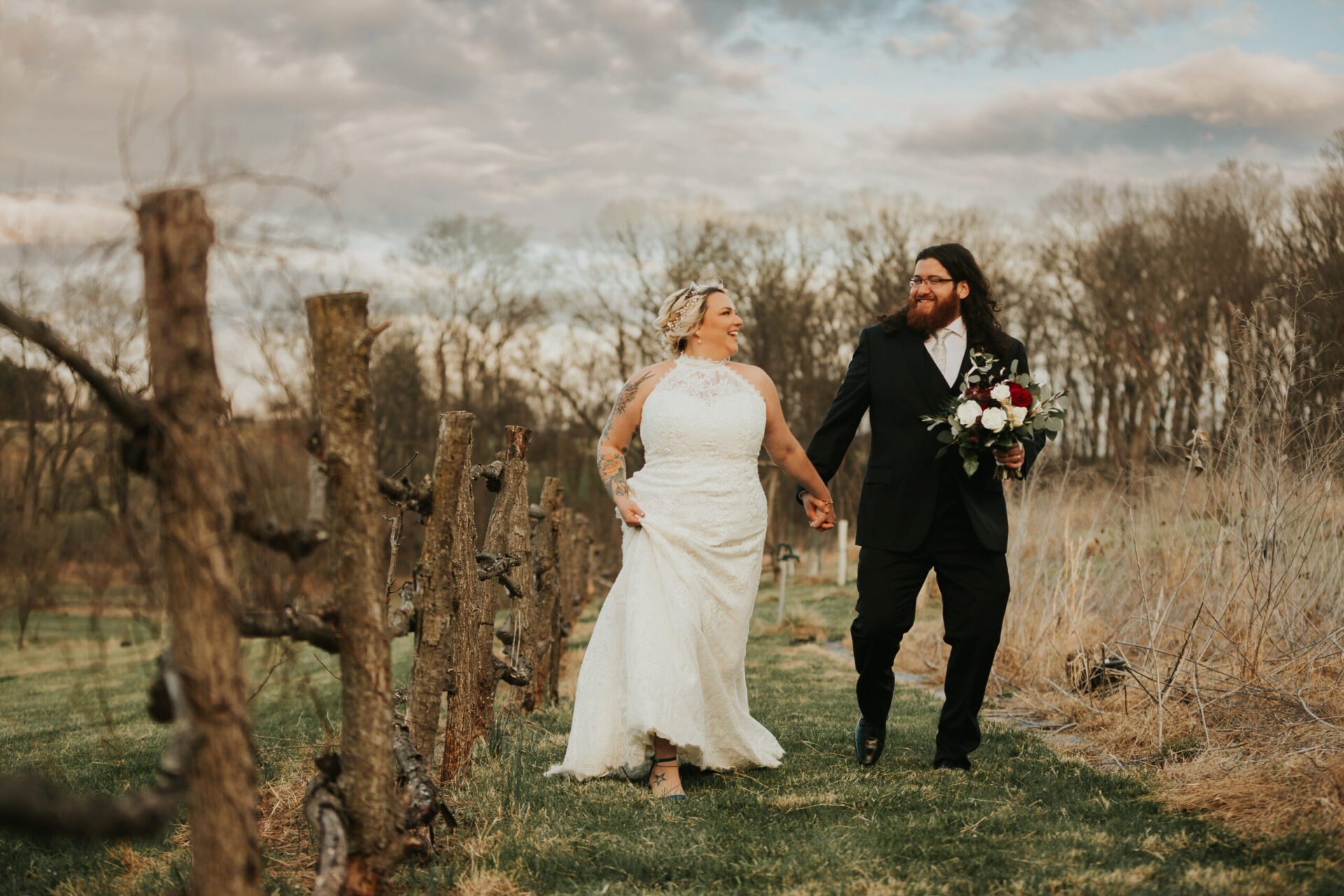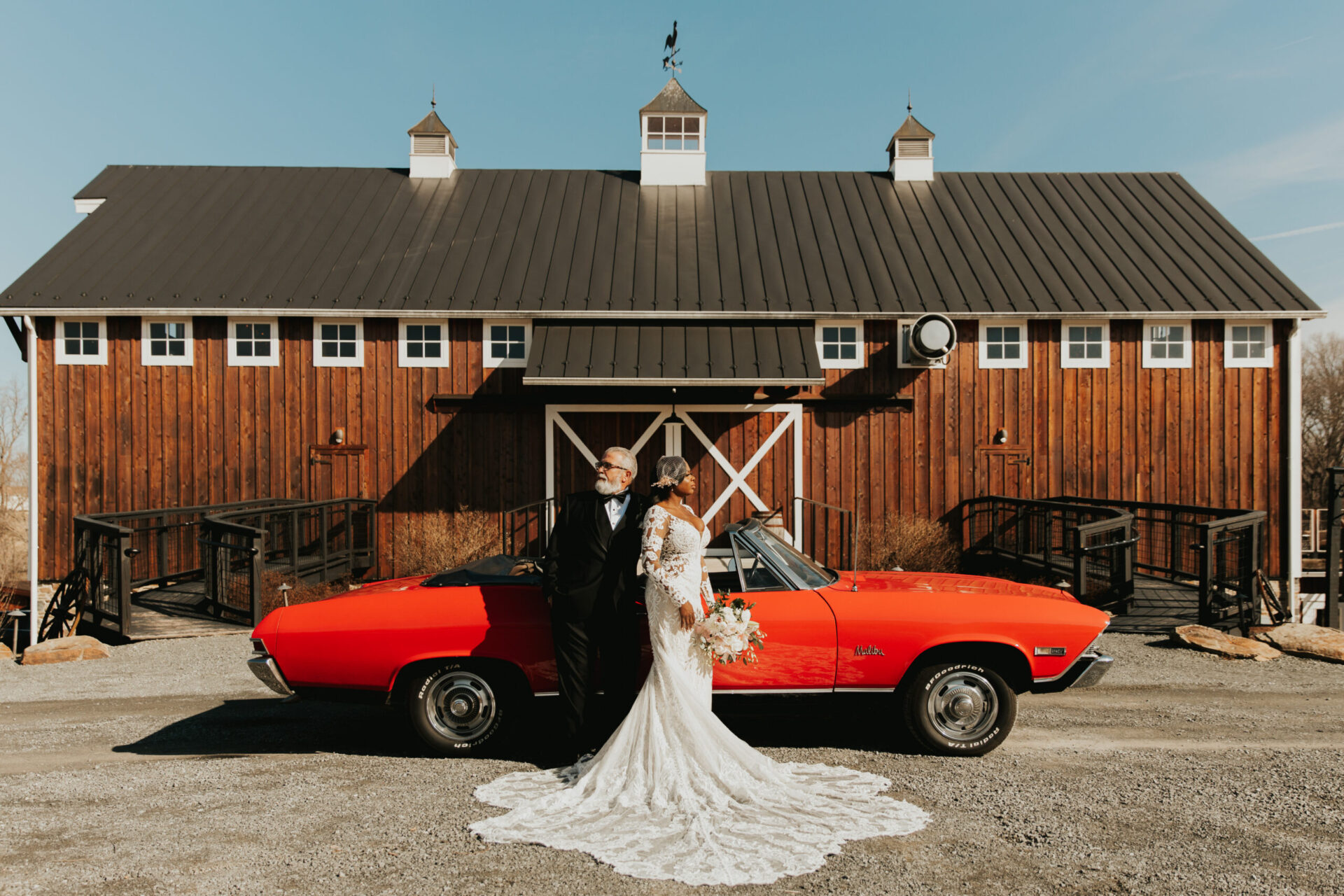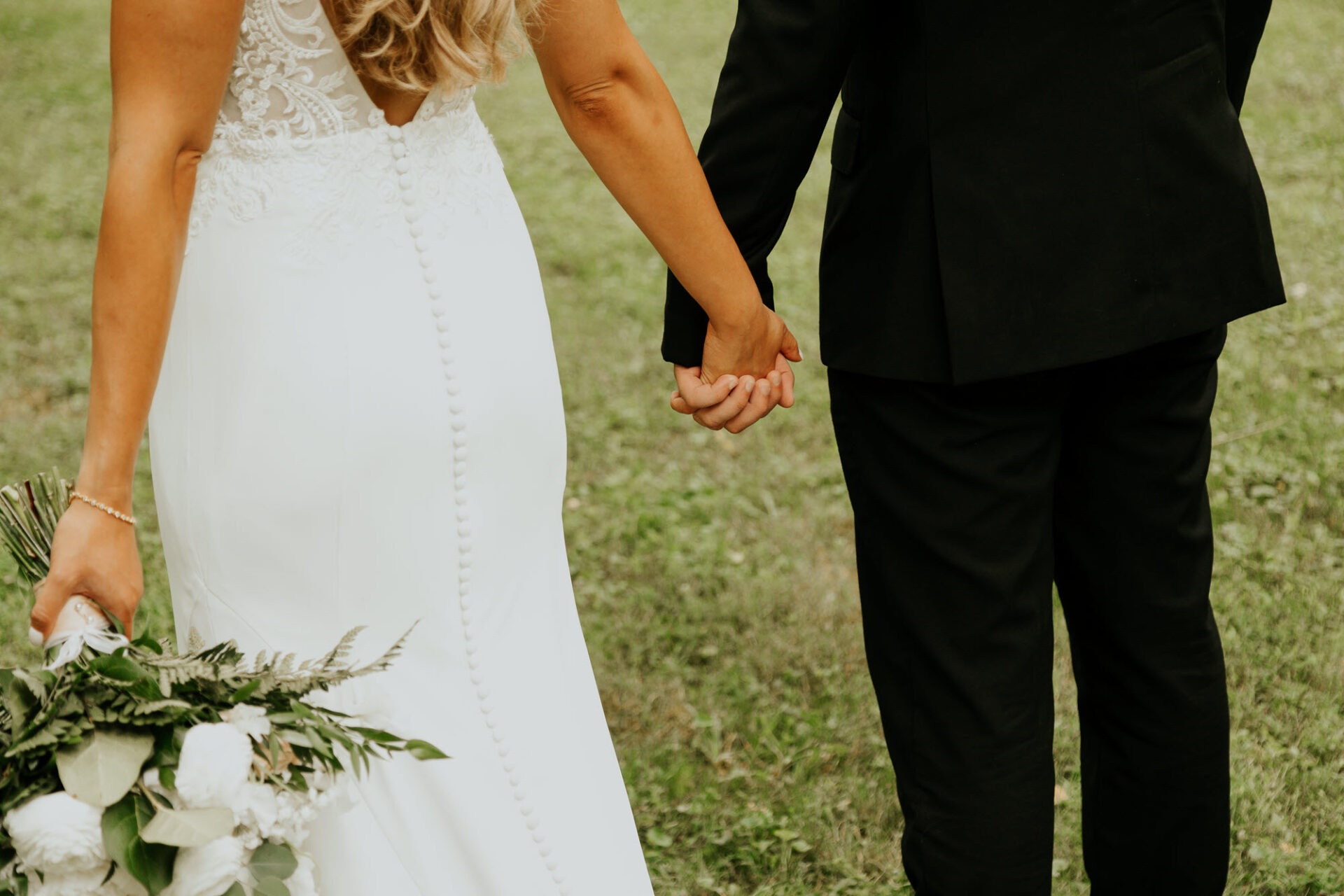By Terry Meadows
Table of Contents
4-minute read
You might have heard that before you start any planning for your wedding you must create a budget. Are you unsure where to start and how much you need to budget for each aspect of your wedding? Don’t you wish there was an easy guide you could just follow?
At Zion Springs, we often have folks asking, “What should I budget for my wedding?” and “Should I go with an all-inclusive venue?” And we certainly love to give them answers. No matter what type of wedding you are looking for, we’d like to share our knowledge and experience with planning your perfect day.
In this article, we take you through every aspect of budgeting for your wedding to help you be best prepared for your big day, whether you work with us or not. Use our handy guide to estimate what each part will cost and decide what is your “must-have” and your “want-to-have”.
How to prepare your wedding budget
There is some research and planning that goes into your wedding budget before you actually start entering data. With this guide in hand, you will save yourself time switching back to adjust your budget.
Consider opening a separate bank account that is for the specific use of your wedding payments. This way, you can keep track of what you have spent and your remaining balance.
How much money do you need for your wedding budget?
In Northern Virginia, the average spent on weddings is $60,000, with the US average at $40,000, so it is important that you know where that money is coming from. Who is paying for your wedding? Are you paying for it all yourselves, or are your parents or other parties contributing to the celebrations?
Knowing how much you are planning to spend on your wedding determines what type of wedding you have. It could mean you choose the ribeye roast instead of filet mignon, or it could be hiring a stretch limo instead of borrowing your uncle’s sedan. While you may give a little here and take a little there, all of your decisions henceforth are based on your final budget limit.
Start with how much you already have saved up that can go towards the wedding. Add any funds provided by parents and family, and then add how much you will save over the coming months that you will contribute.
You and your partner must set a spending limit and be prepared to stick to it. This is especially important if you plan to use credit cards to cover the costs of your wedding. No matter how tempted you are to splurge on something, rein in those impulses, and look to see if you can trade off with something else in your budget to accommodate the change. If that is not feasible, see if you can find a cheaper alternative that works for you.
Research wedding costs in your area
Where you choose to have your wedding has an impact on how much you can expect to spend. For example, it is cheaper to have a celebration in the suburbs of New York City than on Manhattan Island. Your area can include your state, your county, and even your city, so you will need to do careful comparisons of what it costs in each area. If you are prepared to travel a little further afield, you can save quite a bit of money, unless it’s all bright lights of the city for you. Whatever your dream wedding, make sure you do your research and prioritize whats important to you and your partner.
Prioritize your wedding must-haves
Take time to sit down together and make a list of your absolute must-haves for your wedding. These are things which are very important to you and where you won’t compromise. It could be a particular venue or a specific day of the year. Try to keep it to a minimum of three, so it is manageable.
There are probably other areas where you are prepared to compromise, and you can negotiate on their order of importance. Bear in mind that each non-negotiable may translate to added cost, for example, if you are determined to celebrate in a high-end restaurant, you might have to consider fewer guests to keep your costs manageable.
What to include in your wedding budget
We have a printable worksheet below for you to keep track of your costs. These are the most common line items for weddings, even if you don’t need to account for all of them for your wedding. If, for instance, you go with an all-inclusive venue, many of the items are included in the package.
Always remember to account for hidden costs in your budget, such as vendor fees for deliveries, staff gratuities, and the ever-present taxes.
Here is a percentage breakdown that gives you an idea of what couples usually spend on each part of the wedding:


To really help you with creating your budget, download our printable template for your wedding planning. You can delete the parts that don’t apply to you, such as the reception tent, if you are having your reception in a building.
5 Factors that impact your wedding budget
Your wedding budget can be quite fluid if you are prepared to compromise on some items in favor of something more important. You might want to consider where you can make concessions without losing your vision for your wedding.
1. Guest numbers
Almost every aspect of your budget is contingent on how many guests you plan to invite to your wedding. With an average cost of $75 per guest, a small intimate group will mean you can hold your celebration at an elegant and upscale venue that would normally be exorbitant for a few hundred friends and family. Your food and beverage costs are increased with each additional guest; a guest list of 100 goes from $7500 to $15,000 for 200 guests. Having your wedding vision in mind, you can plan each step of your celebration with your guest count as the starting point.
2. Wedding party
Even though you want to include all of your closest friends and family in your wedding party, you need to be judicious about how many people you have with you walking up the aisle. Each extra person means another outfit, makeup, hairstyling, and gift, at an average of around $2,000 per attendant, which can get very costly if you are not careful.
3. Wedding Venue
Are you looking to celebrate your wedding at an elegant historic mansion, a chic country club, a rustic barn, or basking in nature’s glory? On average, the venue accounts for around 47% of your budget, and you always have the autonomy to adjust that percentage based on your vision for your wedding.
If you choose a beautiful venue, you might trade off its higher price for the decorations budget, as you won’t need to add much to make the setting gorgeous. Many venues decorate for the holidays, so if you are planning a winter wedding, why not take advantage of their professionally designed decor?
Some venues have a limited number of hours for your event, so you might want to have your ceremony at a different location, leaving plenty of time for partying at the reception venue.
4. Date and season
Summer weddings are by far the most expensive due to the high demand for couples getting married during this season. To keep costs down, consider getting married in winter, which is the most economical time of year. You can also look at a weekday wedding as they are substantially cheaper.
5. Vendors
Are you particularly good at negotiating? If not, you might want to consider using a wedding planner who is well-versed in getting the best deal from your vendors. Alternatively, you can go with an all-inclusive venue where many of your items are included in the package. Dealing with a vendor for tables and chairs, another for linens and tableware, a third for catering, and so on, can add stress for you and dollars to your budget. You need to budget for delivery fees, setup and teardown charges, and gratuities for service and wait staff.
Are you ready to create your wedding budget?
One of your first steps in this exciting life journey you and your partner are starting is planning your wedding, and deciding how to pay for it and where to spend your money is your first challenge.
It can be overwhelming when you consider all the various parts of a wedding and how you can accomplish it all, but with careful planning and discipline, you are ensured a successful wedding day where you can focus on the joyous celebration of your union.
Using our wedding budget template along with the guidance we have provided in this article, you can keep track of your spending and keep within your budget.
Are you looking for ways to save money on your wedding day? Our article How to save money on a wedding - Part 2 The big day does a deep dive into the specifics of the wedding day. And if you’re feeling the passion of weddings like we do, and you are ready to see what a wedding at Zion Springs looks like, consider requesting an estimate for your own wedding.


Jennifer and Alex’s Spring Wedding


Tia & Duane’s Winter Minimony


Wedding Entertainment Ideas: Fun & Interactive Options for Your Celebration




